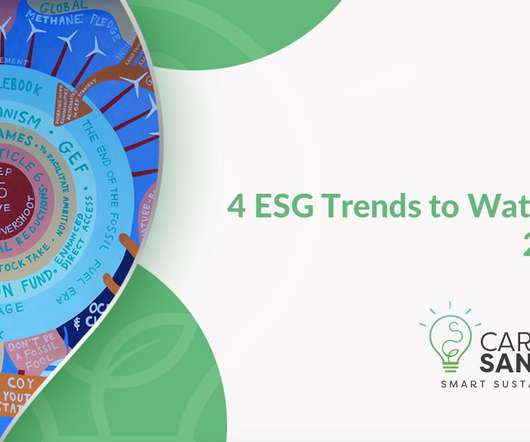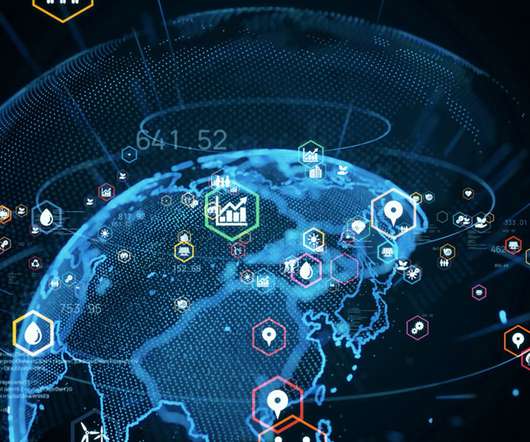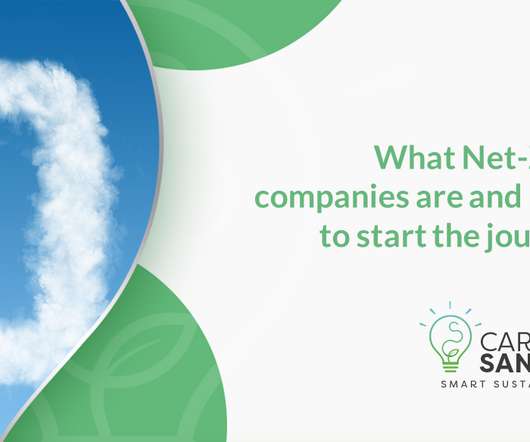HSBC is latest bank to pledge net-zero financed emissions by mid-century
GreenBiz
OCTOBER 13, 2020
The bank, currently Europe's second largest financier of fossil fuels, has committed to reaching net-zero across its supply chain and operations by 2030, before reaching net-zero across its customer portfolio 20 years later.













Let's personalize your content